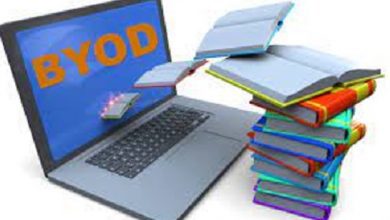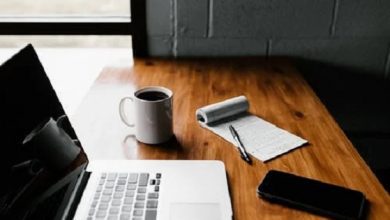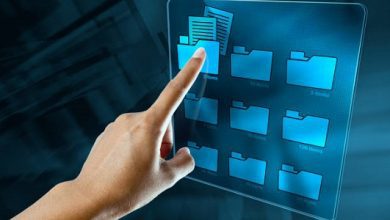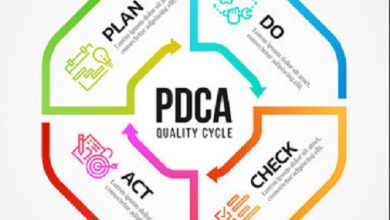Economics/Business
Economics
Economics is the social science that studies how individuals, businesses, governments, and societies allocate scarce resources to satisfy their unlimited wants and needs. It is concerned with the production, distribution, and consumption of goods and services, and the decisions and behaviors of individuals and institutions that shape these processes.
By reading the intensive articles of Englopedia.com you will grasp that it is a broad field that encompasses various branches and subfields, including microeconomics, macroeconomics, international economics, labor economics, behavioral economics, and many others. Microeconomics focuses on the behavior of individuals and firms, while macroeconomics looks at the overall performance of the economy, including issues such as inflation, unemployment, and economic growth. International economics examines the flow of goods, services, and capital across borders, while labor economics focuses on the behavior of workers and employers in the labor market.
Englopedia will make you aware that Economists use a range of tools and techniques, such as mathematical modeling, statistical analysis, and experimental methods, to study and analyze economic phenomena. They aim to understand how markets work, how individuals and institutions make decisions, and how public policies and institutions impact economic outcomes.
Through the leading articles of Englopedia you will realize that Economics has significant implications for individuals, businesses, governments, and societies, as it can inform decisions related to investments, production, taxation, trade, and social welfare policies. It is a crucial field of study for understanding the functioning and dynamics of modern economies and for addressing pressing global issues, such as inequality, climate change, and economic development.
-

Autocratic leadership its characteristics and advantages & disadvantages
Autocratic leadership Autocratic leadership centralizes power in the hands of the leader and democratic leadership divides power between leader and…
Read More » -

BYOD advantages and disadvantages and How to establish BYOD policy
BYOD Nowadays, when we talk about technology in companies, a study of social classes stands out. This topic involves many aspects…
Read More » -

Profiler its 4 behavioral profiles and advantages
Profiler The Profiler is used by people management professionals to understand the behavioral profiles of employees, in order to learn…
Read More » -

Benefits management its Importance optimization and benefits
Benefits management Benefits management is the set of strategies to engage and motivate employees by granting advantages that go beyond work…
Read More » -

What are digital files and Scanning files in DP with benefits
Digital files Digital files are organization systems used to store electronic documents of the Personnel Department, having among the benefits…
Read More » -

Communication noise and how happens with examples in companies
What is communication noise? We can define communication noise as a failure in the process of sending information from point…
Read More » -

Home office definition its popularity andTips working from home in crisis
Home office Organizational, communication and even journey management tools are among those that can be used to maintain team productivity…
Read More » -

DISC methodology with profile test and application
What is DISC methodology? The DISC methodology is used by HR managers to define the main characteristics of their employees,…
Read More » -

PDCA definition Steps of cycle benefits relationship 5W2H & PDCA
What is PDCA The definition of PDCA is a management method focused on continuous improvement of processes that is based…
Read More » -

How to develop soft skills in the workplace 10 Tested methods
Soft skills Soft skills refer to the behavioral and emotional skills of employees that, without a doubt, are reflected in…
Read More »